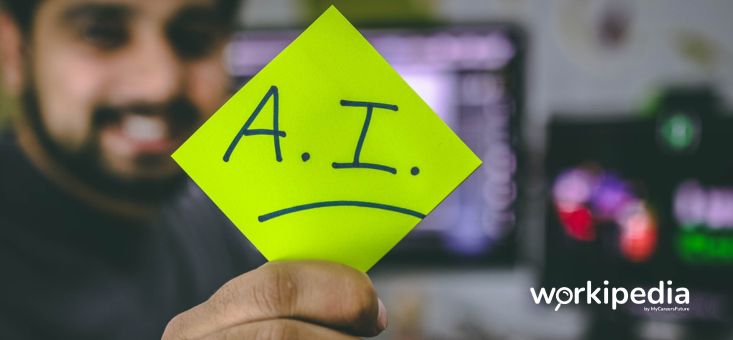Next level sourcing
AI’s greatest attribute for recruitment is its power to process and assess data in high volumes at high speed with minimal error. Sourcing for both active and passive candidates is one of the most time-consuming tasks in recruitment. However, with AI, recruiters can improve their speed when finding top talent without sacrificing quality.
Machine Learning (ML) and eliminating recruitment bias
Through ML, technology tools can mimic and predict human behaviours via statistical models, data patterns and algorithms. Unfortunately, AI can also learn human biases if not updated properly and responsibly. For example, in 2018, Amazon scrapped its own AI-recruitment tool because it operated with unconscious bias against women.
“It is difficult to determine if any AI-model or algorithm is entirely bias-neutral” says Hamza. However, he pointed out that without “hardwired preconceptions,” AI can provide distinct advantages in “eliminating unconscious bias, particularly in the early stages of a selection process.”
Recruiters and hiring managers can leverage the power of data to make sure AI finds and assesses talents fairly on its own. “AI needs data to work — the right type, volume and quality of data,” Hamza shares. AI’s ability to learn human patterns is governed by data, and data can be governed by humans. Hence, humans can programme and train AI to be unbiased yet analytical and objective when recruiting.
Beyond sourcing candidates, AI footprints are also found in other recruitment and HR functions.
AI-powered job interviews
Some organisations use AI throughout their interview process to better understand candidates and make better hiring decisions. AI records interview sessions and then determines common answers and questions to identify critical challenges professionals face in specific roles or sectors. However, AI lacks that ‘gut instinct’ that can often be the deciding factor among recruiters when interviewing and hiring people.
AI in learning and development
The use of AI to improve learning and development (L&D) programmes will increase significantly in the coming years with the rapid evolution of jobs and skills in today’s business landscape. For instance, AI can help L&D systems design specific programmes for employees with different skill sets and years of experience. In addition, key information can be identified during the recruitment process. Recruiters can use this information to help candidates better align their careers and identify avenues for growth and learning.
AI in assessing individual and teams
As AI can’t predict cultural fit. Recruiters must understand candidates on a deeper level to determine their suitability, not just for the role but also for the team and the organisation.
During the hiring stage, recruiters primarily focus on individuals and how they would fit in the job role. Through data analytics and machine learning, recruiters can identify individual characteristics, strengths and key motivators, to evaluate how those factors help the individual better collaborate and perform in a team. Candidate data can be combined under the right preferences and conditions to generate team data for recruitment, onboarding, team development, skills development and even succession planning.
Tech as the Enabler, Human as the Leader
Hamza and the entire EBC team always bore in mind that AI is not perfect. Hamza learned that when integrating AI into the recruitment process, professionals should understand that the technology is still “under heavy development” and that there will always be resistance to innovation and change.
“People are wary of new technologies, systems and processes that challenge their existing habits and ways of working. With that, change management and people management have played an integral role when integrating AI. Having a clearly thought-out implementation, training and review are paramount,” Hamza states.
Technology in this journey to organisational transformation is the enabler, and humans should always be at the centre, and the ones to lead.
This article is contributed by Will International and Ethos BeathChapman.















